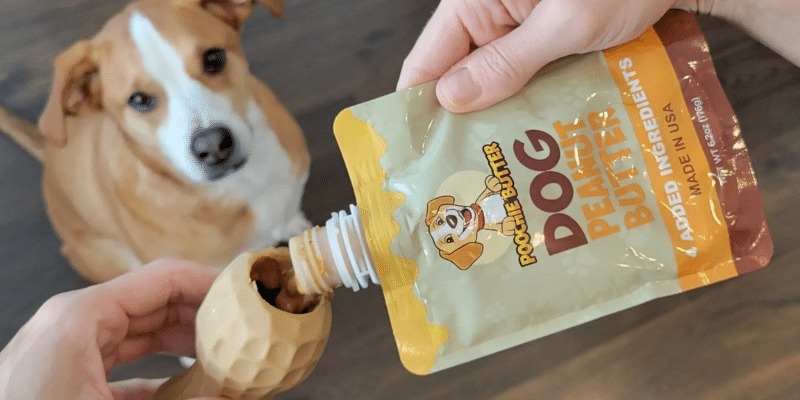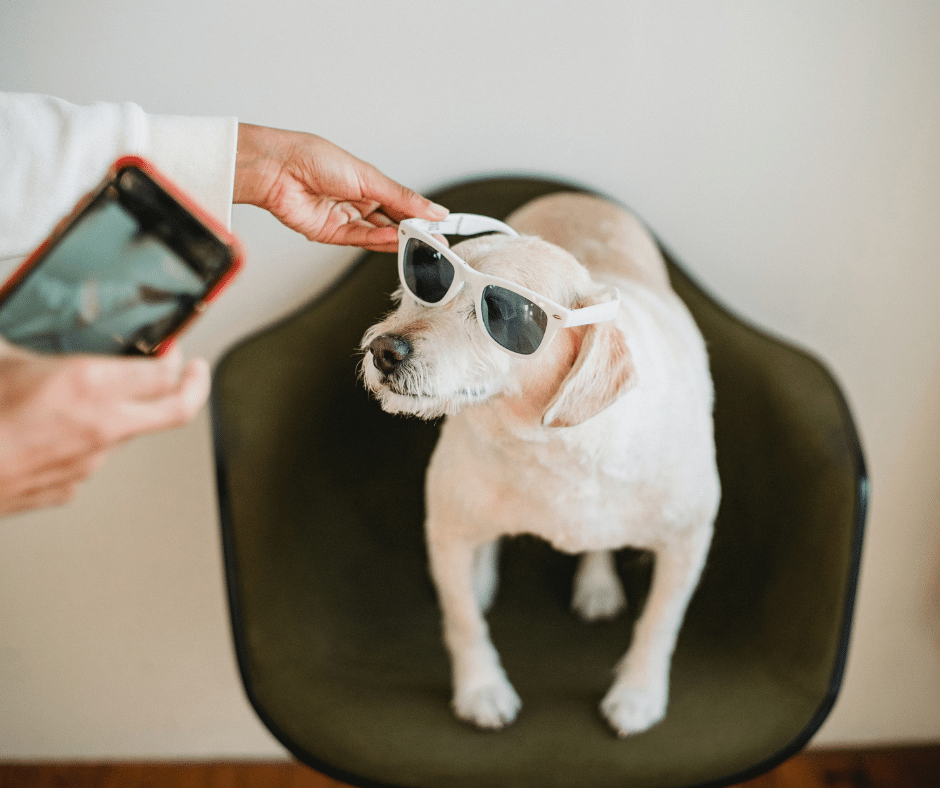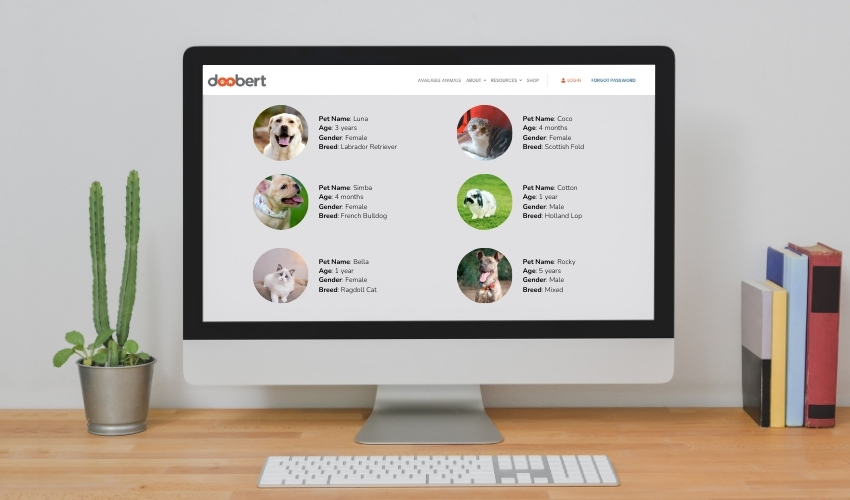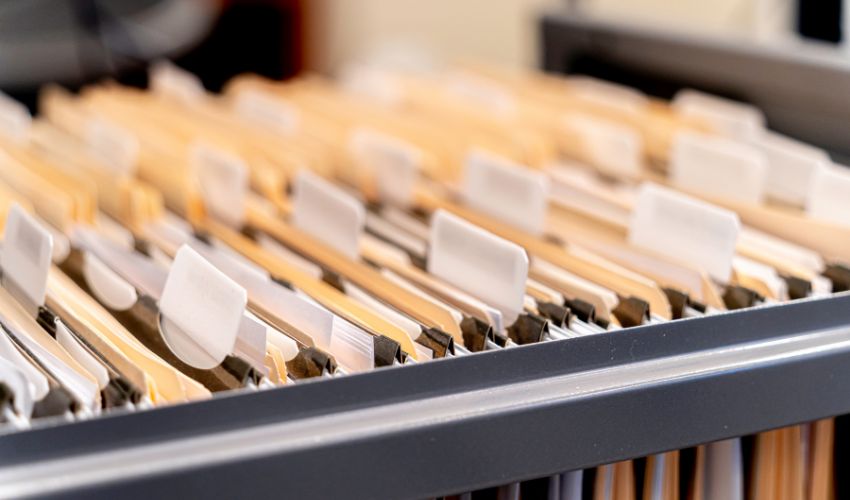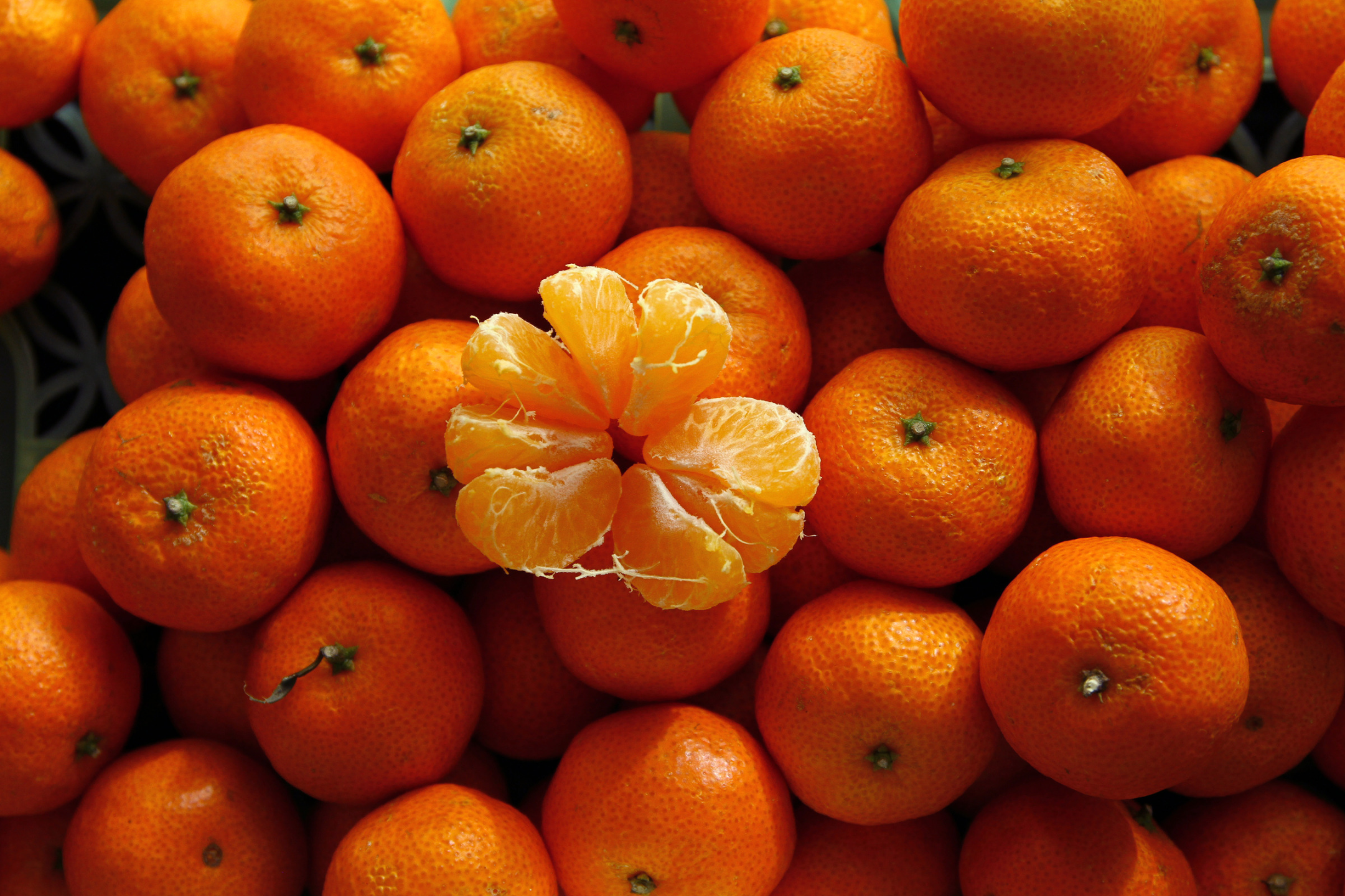When people hear the word “veterinary medicine,’ most of them tend to assume that it’s only about caring for dogs or cats. Sadly, it is easy to forget that domestic pets are not the only animals around.
There is more to that word than just caring for companion animals. Like the human medicine field, there are also several specializations under veterinary medicine – one being aquatic veterinary medicine.
Michelle Greenfield recognized the lack of knowledge about this field, so she created her podcast! Join Michelle as she welcomes interested listeners to the unique and fascinating world of aquatic veterinary medicine!
“Number 1 podcast on aquatic veterinary medicine and a top 50 life science podcast.”
Learn About Aquatic Veterinary Medicine

While Michelle has a natural passion and dedication to animals, she does hold a special love for aquatic animals. As a 4th-year Veterinary Student at Cornell University, Michelle aspires to be a professional that can provide compassionate care and love for water-dwelling creatures of all kinds.
She is currently fascinated and interested in aquatic veterinary medicine. As the name implies, this veterinary field focuses on water and aquatic animals – though they’re not strictly about fish. Veterinarians focused on this animal are typically known as Fish Doctors.
Aquatic veterinary medicine can also focus on reptiles, amphibians, invertebrates, and certain mammals. Aside from directly working with animals, there are also those that mostly stay in laboratories and do research and diagnostics.
“As a veterinarian, I get to do research. I get to work hands-on with these animals. I get to travel.”
Tune In On Aquadocs For More Aquatic Medicine Knowledge


Aquatic veterinary medicine is not a known field. Michelle wanted to do something to change that, hence the birth of Aquadocs Podcast.
“Aquadocs has become an educational tool for students and professionals around the world.”
With almost 60 episodes available, Aquadocs is leaving its mark worldwide by making aquatic veterinary medicine more accessible and engaging to the public! It serves as a platform that professionals in the field can use to share their knowledge and experiences with the listeners.
“I’m just trying to put something out there that people can listen to. Whether they’re exercising, driving to work, or cooking dinner. And maybe even for some of our younger listeners, get them inspired about a new career path they might not have known previously.”
Aquadocs is making the necessary change to make this field more known. Michelle invites experts to talk about aquatic animal health and highlight their work – whether that be about research, clinical cases, or anything else within the marine animal space!
With its broad global reach of over 100 countries, Aquadocs continuously prove its standing as one of the most prominent platforms for aquatic veterinary medicine.
You can find Aquadocs on multiple platforms, including Spotify, Google, and Apple Podcast! Additionally, it has an official website that features all its podcast episodes. Browse through the list of episodes, look through the pictures, and read the blurbs to find one that will catch your interest!
Aside from Aquadocs, Michelle has a special side project in the works. It’s a sensor that provides better and more accurate measurements for horses. It aims to get the weight and overall monitor the horse’s health.
It will come in the future, so keep an eye out for Michelle’s side project! In the meantime, join Michelle as she explores and dives deeper into aquatic medicine and aquatic animal health!


